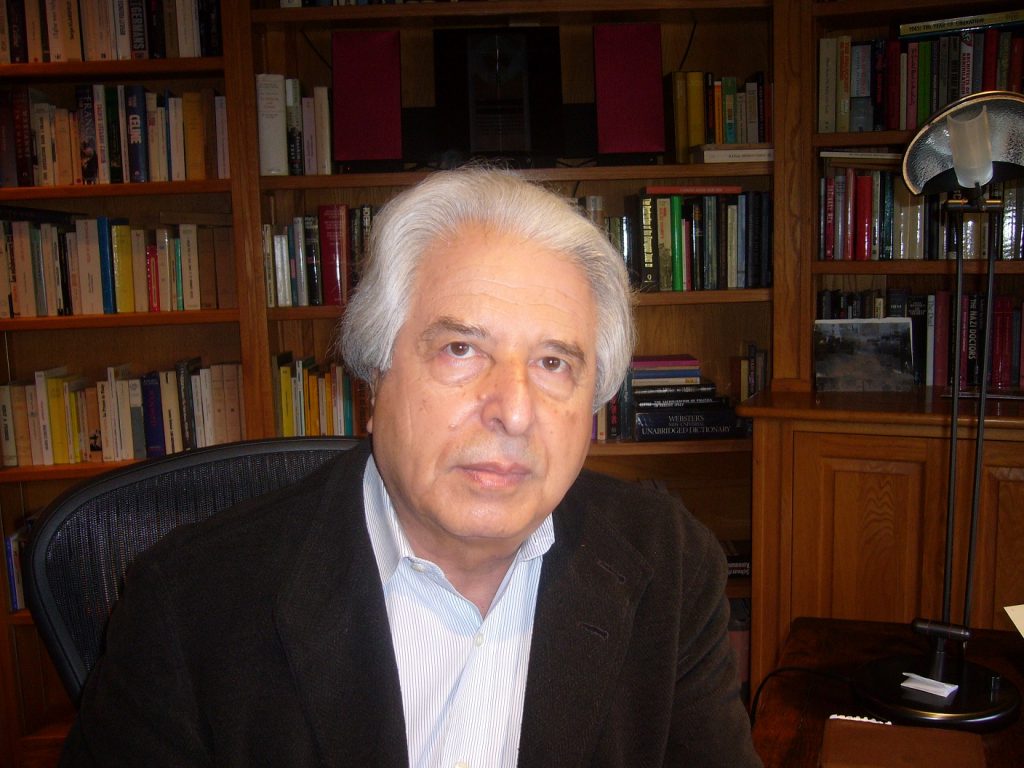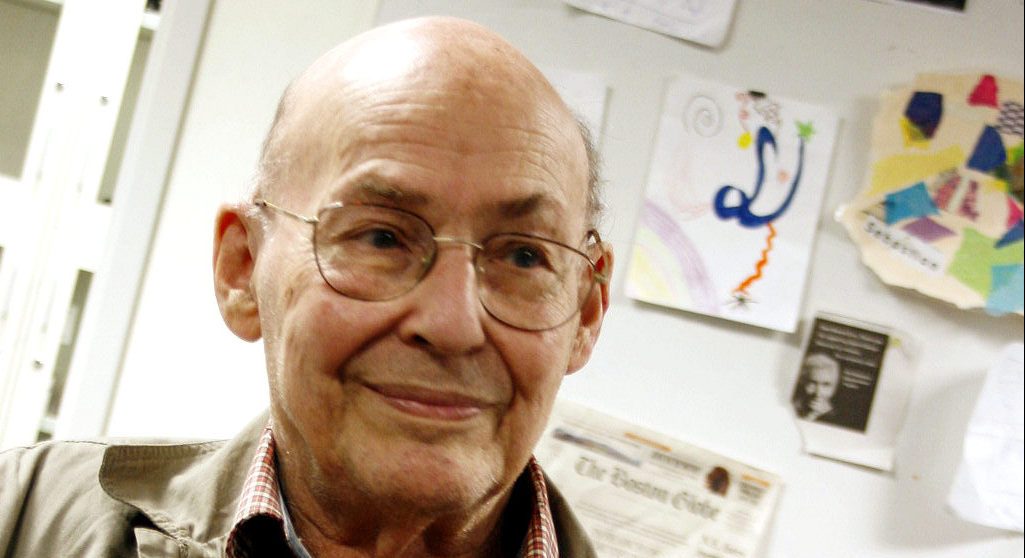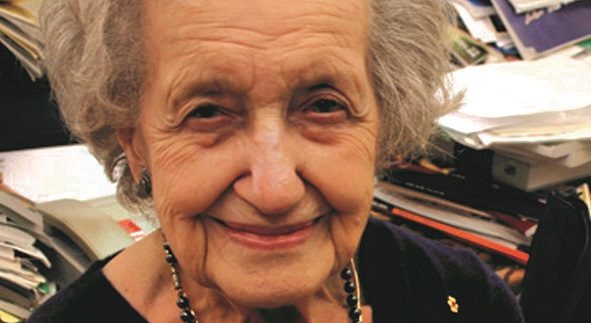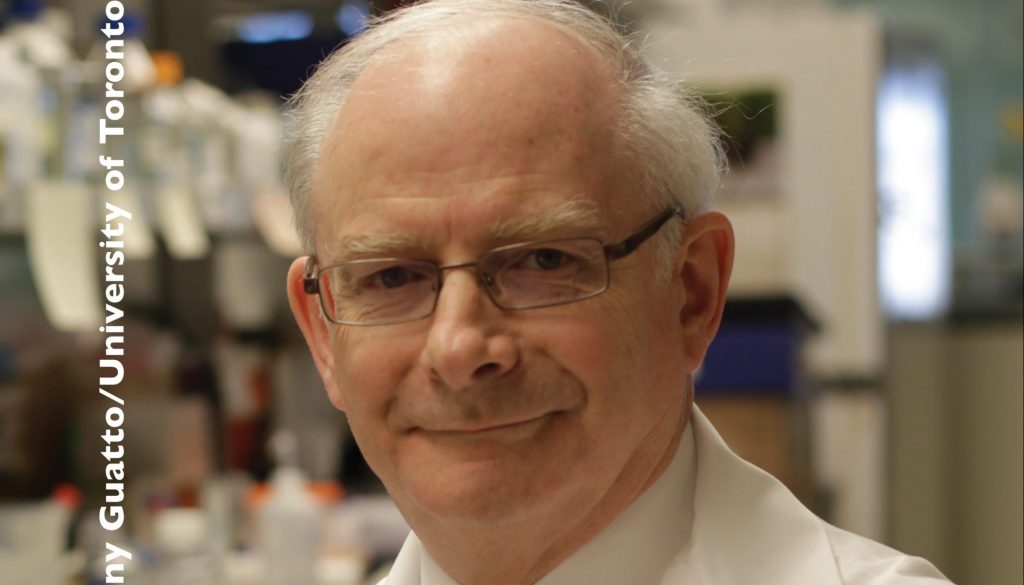Saul Friedlander

Saul Friedlander
Past: History & memory
Prof. Saul Friedlander is considered one of the world’s premier historians in the study of the Holocaust and is the author of the definitive book in the field – Nazi-Germany and the Jews 1933-1945.
He holds UCLA’s 1939 Club Chair in Holocaust Studies.
Having grown up in a French monastery in the 1940s, Saul Friedlander dreamed of becoming a priest. However, at age 13, when he first learned the fate that befell his parents, his “Jewish identity was restored.”
Friedlander’s work as a whole is intimately connected with the problems of the past, most potently in his sustained debate with other historians over the proper periodization of Nazi history, on the one hand, and, on the other, the question of the extent to which the Holocaust and the history of the Third Reich should be considered exceptional, and the ways in which the victims’ experience should be integrated within the overall narrative of the Holocaust.
Friedlander’s concern with the periodization of the Nazi past was always related to his concern about memory, and the ways in which the Holocaust is now, and will be remembered. He has forcefully and consistently argued that the history of Nazism must not and cannot be treated as a “normal” historical period, and that such normalization would give room to apologists who would “explain” or rationalize the Holocaust, thereby normalizing it as an event of banal historical significance.
In his writing, Friedlander manages to put into practice in an admiringly precise and convincing way his belief that the victims’ perspective of events in the Holocaust is as relevant and as legitimate as that of the perpetrators or the onlookers. Initially, this idea was hotly debated but today it is a fundamental assumption in many and varied historical works, as has been exemplarily demonstrated in his own magnum opus (2 volumes), Nazi Germany and the Jews.
Friedlander’s personal biography greatly impacted his work as a historian. His 1979 memoir When Memory Comes movingly describes the process by which he “recovered” his own childhood memories of the Holocaust, and how he worked meaningfully to integrate them into his political and scholarly life.
Among Friedlander’s awards are the Israel Prize for history, the Geschwister-Scholl-Preis for his work Das Dritte Reich und die Juden; The MacArthur Fellowship; the Peace Prize of the German Book Trade; and for his book The Years of Extermination: Nazi Germany and the Jews, 1939-1945, Friedlander was awarded the 2008 Pulitzer Prize for General Non-Fiction as well as the 2007 Leipzig Book Fair Prize for Non-fiction.


